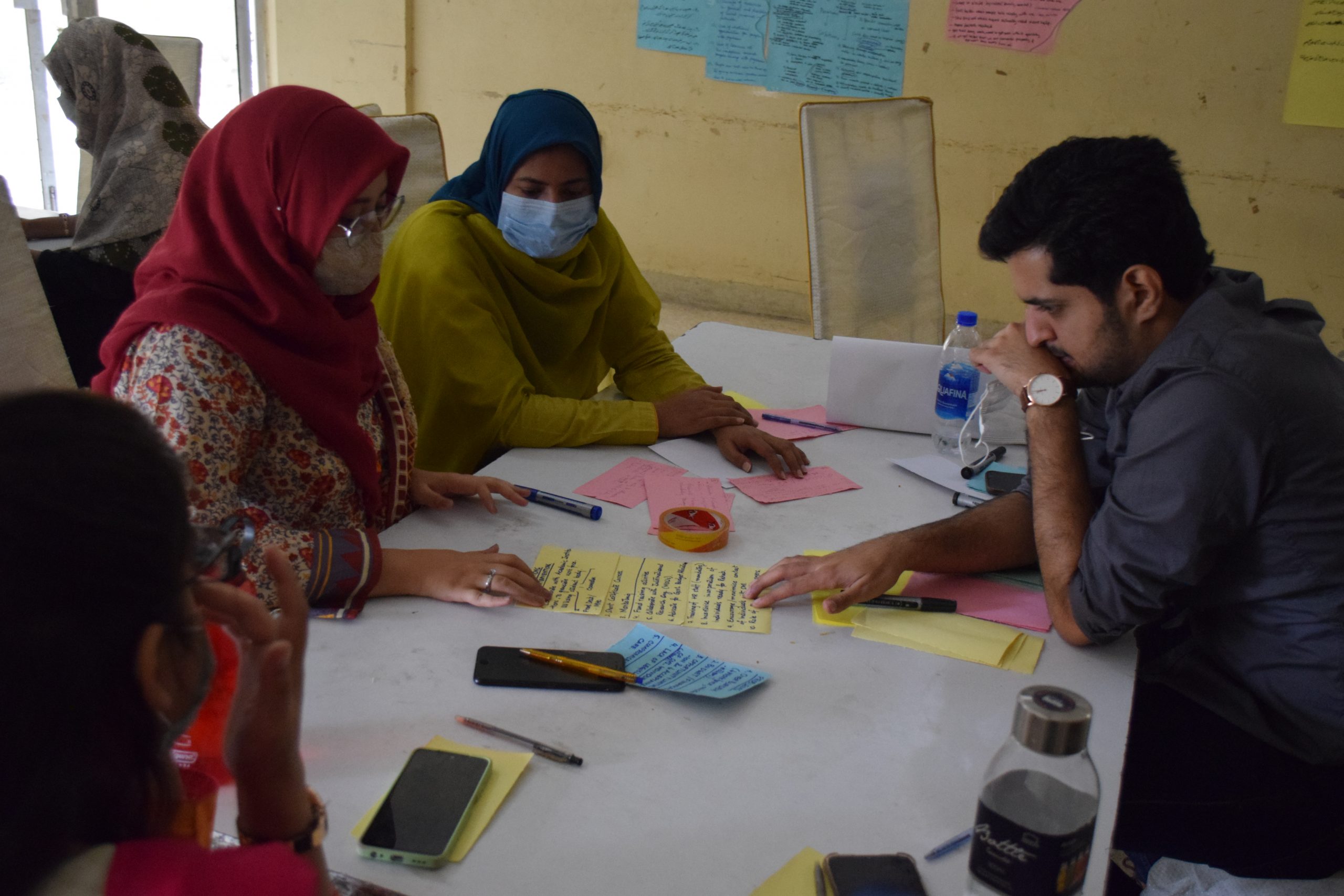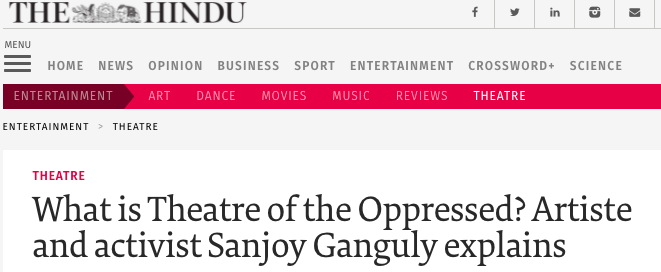*written by Kausar Khan, Co-I in PIECEs, social scientist and expert in community engagement
The clinician, armed with scientific know how, is well equipped to deal with the medical side of psychosis, but the challenges rises from the socio-cultural context of the patient with psychosis. The patient is not alone, his/her family is vested in the well being of the patient. The optimal use of clinical sciences becomes possible with the help of reflexivity, ecological framework, meaning of participation, SALT, Theatre of the Oppressed
Reflexivity is an honest act, & you are its sole witness. The reflexive practitioners examines their own attitudes and assumptions that shape their teaching/learning methods, and thus continually improve their experiences and learn from them. To become reflexive, you must begin to practice reflexivity
The ecological framework draws attention to the relationships between individuals and their families, and the individual/families with their communities/neighbourhood. A patient with psychosis, like any individual, is caught in a web of relationship s. Medical treatment of an individual has to be nested in the understanding of the family, neighbourhood and social norms that control individuals and families.
Participation. What is the nature of participation of a patient and his/her family in the wellbeing of the patient? Participation is a central concept in primary health care, as well as in all community development efforts. Typology of Participation helps understand this notion, and also reflect on the type pursued in one’s work. SALT is committed to the type of participation/engagement that would be based on community’s ownership of the issue; and taking action to take forward their aspirations/dream. Theatre of the Oppressed, ideologically resonating SALT’s aspirations of ownership, uses powerful theatre-techniques developed by the founders of this approach.

For further resources on the subject, this article might also be useful.




